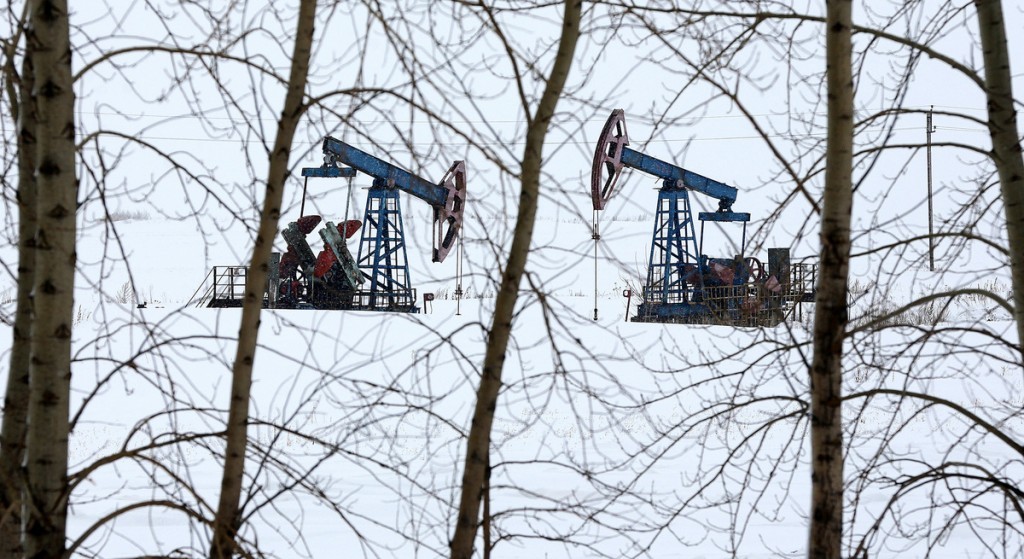
The industry is waiting expectantly for the OPEC meeting in Vienna today, at what is proving to be an interesting time for oil and gas. Despite a modest increase in oil prices recently, there is continuing speculation about a production freeze and extra attention has also been fixed on Khalid al-Falih in his new role as Saudi Arabia’s oil minister. Mr al-Falih replaced the long serving Ali al-Naimi in early May and all eyes are on him to see how he performs and whether he continues his predecessor’s tough line towards Iran. Indeed, commentary on his presence at the summit has already begun, with analysts using his early arrival on Monday as an indication of his commitment to the half-yearly meeting this Thursday.
However, despite all this attention, the outcome of the meeting is unlikely to have the impact we might hope on current market conditions. With the development of US shale gas and Iran refusing to cut its own production until it has returned to pre-sanctions levels, we’re entering a new era where OPEC can no longer take the controlling position it once did with the oil economy.
In the past, Saudi Arabia could almost singlehandedly control international oil prices, but the influence of the group’s biggest producer has waned considerably and, with it, the influence of OPEC as a whole. We are expecting to see the Saudis resist demands from fellow members for production cuts but, even if they do strike a deal, it is unlikely to have the impact it once had on the oil price.
As soon as the oil price goes over $50 per barrel as it has done of late, many more reserves across the globe become economically viable to develop. So even if OPEC reduces or caps its own production, it is powerless to do anything about the wider global oversupply. The organization has tried to force the US shale gas industry out of business previously, but it has proved remarkably resilient. And as long as the market fundamentals remain the same, which they surely will for the foreseeable future, OPEC is no longer in the prevailing position it once was to dictate the global oil price.
This changes things for Khalid al-Falih. His predecessor Ali al-Naimi dominated OPEC meetings for more than a quarter of a century, but Mr. al-Falih is confronted by a new world order, where the Saudis no longer have the ability to move the oil price with the smallest pronouncement.
Partly as a result of that, Mr al-Falih, who was formerly chief executive of the state-run oil company Saudi Aramco, is opting to focus his attention on domestic matters. There has been a big push by the King Salman of Saudi Arabia to overhaul the economy, and Mr al-Falih is leading on reforms to diversify the country’s economy and the energy sector so both are less dependent on oil.
International oil prices are now beyond the control of OPEC and its largest member Saudi Arabia so in some way all it can do is focus on domestic energy issues. The key levers to the oil industry are elsewhere now and the participants in the meeting are likely to be aware of this going in.
Dan Jackson is the chief executive of io.
Recommended for you
